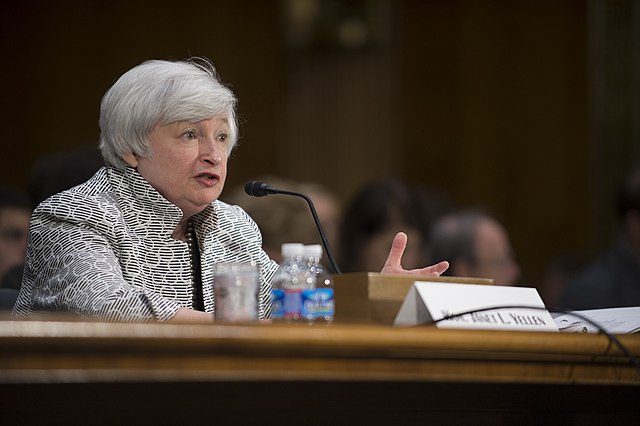
April 21, 2023
Rescinding Trump’s Shields For Non-Bank Financial Firms Is A Crucial First Step
Rolling back Trump’s framework just means that FSOC is allowing itself to see the financial system through a realistic lens.
April 19, 2023
KJ Boyle Andrea Beaty Emma Marsano
Anti-MonopolyConsumer ProtectionDepartment of JusticeFTCGovernment CapacityIndependent Agencies
To Reverse Decades Of Neglect, Antitrust Agencies Need Robust Budgets
The FTC and the DOJ are still dealing with a deluge of corporate mergers, and still only have capabilities to challenge a handful of those actions each year. Restoring competition in the U.S. economy will require much more than slight increases in funding — these government agencies need monumental budgets to take on entrenched monopolies that have flourished with decades of lax enforcement.

April 11, 2023
Progressive Groups Urge President Biden Not To Rush To Fill Republican FTC Vacancies
Demand Progress and the Revolving Door Project sent a letter to President Biden reminding him that neither the White House nor Senate Democrats “should feel compelled to expedite the nomination and/or confirmation of Republicans to independent agencies” particularly while Democratic nominees remain languishing in the Senate due to years of Senate Republicans’ malfeasance.
April 05, 2023 | Revolving Door Project Newsletter
Dylan Gyauch-Lewis Hannah Story Brown
Department of JusticeDepartment of TransportationFinancial RegulationGovernanceIndependent AgenciesRevolving Door
Several Flavors of Regulatory Failures
Until the Biden administration learns that they need to draw a sharp contrast with their predecessors and, generally, do a full 180, they will keep getting egg on their faces. And when the blame genuinely belongs to both the Trump and Biden administrations, warranted criticism of disastrous Republican deregulation is undermined.

March 27, 2023 | The American Prospect
The SVB Collapse Reveals the Class Bias in American Policymaking
When bankers blow their businesses up, it’s no-questions-asked bailout time. When student borrowers need relief, not so much.

March 22, 2023 | The Sling
Too Big To Rail: Railroads, Safety, and Accountability
Unfortunately, America’s rail workers are all too familiar with the consequences of how the railroad industry has been operated over the past 30 years. Precision scheduled railroading (PSR) has made the difference. PSR is a business model focused on reducing overhead costs and generating returns for shareholders. Similar to many other business models driven by financialization, it’s effectively a scheme by giant railroad operators to cut staff and backup resources, push the remaining equipment and personnel to the breaking point, and funnel as much of the cash as possible to Wall Street. And by increasing market concentration even further, the recently approved rail merger between Canadian Pacific (CP) and Kansas City Southern (KCS) promises to make the situation even more dire — for railroad workers, for the communities our rail lines pass through, and for the American economy.
March 17, 2023 | RDP Newsletter
Hack Watch: Two Percent Is Just A Number
There’s nothing special about the Fed’s target inflation rate

March 12, 2023 | Common Dreams
Wilson’s Parting Shots Draw Attention To Her Actual Conflicts of Interest
Christine Wilson leaving the FTC is good news for anyone who cares about effective antitrust enforcement. A quintessential revolving door figure, Wilson’s tenure was only useful to her job prospects once she decided it was time to leave the FTC.
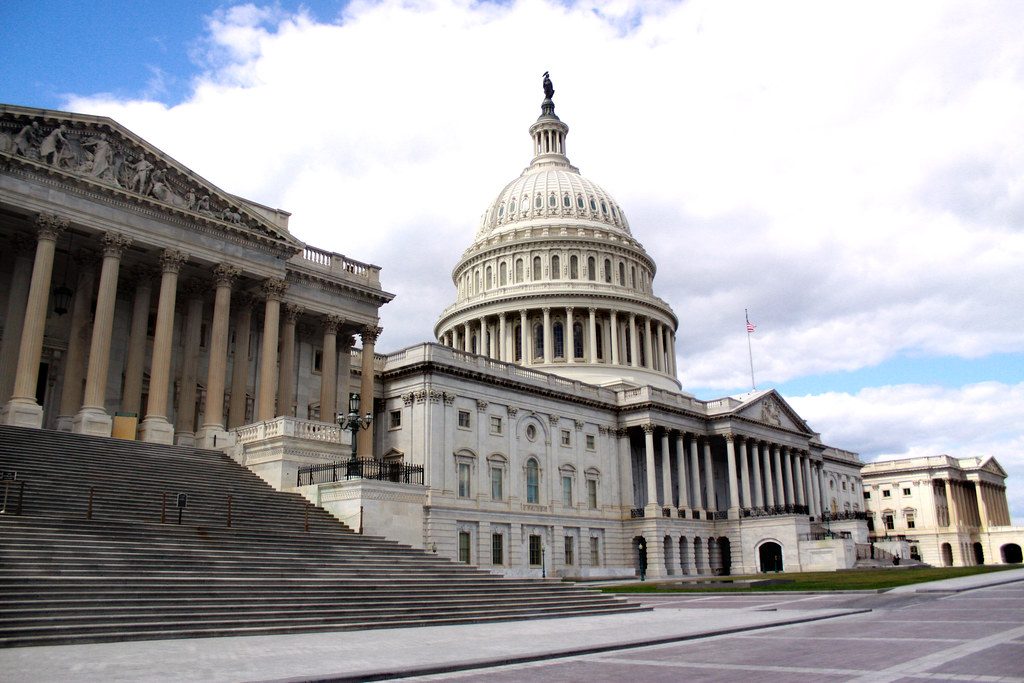
March 09, 2023
Revolving Door Project Warns Of Crypto-Friendly Congressmen Ahead Of Subcommittee on Digital Assets, Financial Technology, and Inclusion Hearing
The Bipartisan Group That Once Defended Crypto Firms From SEC Investigations May Have Gone Silent In Recent Months, But Their Crypto Loyalties Remain.
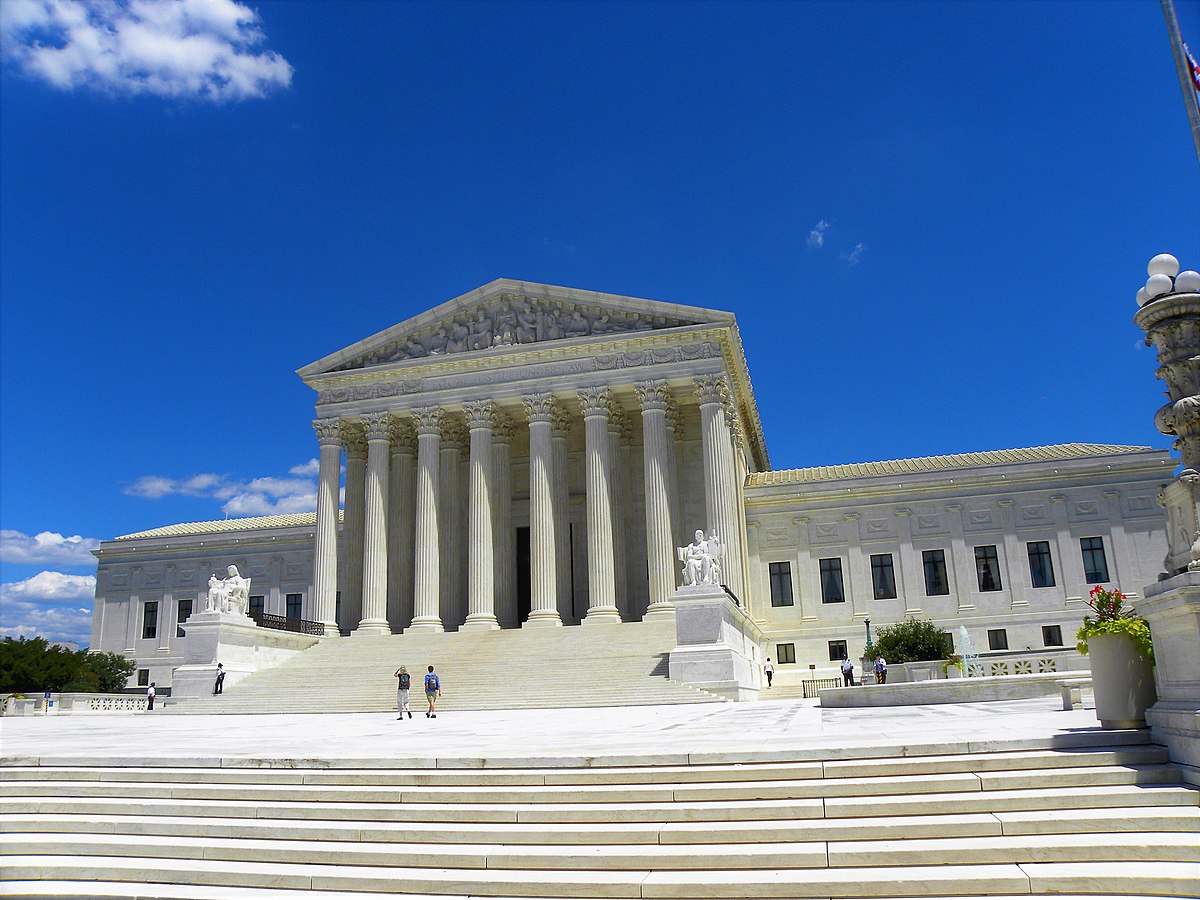
February 27, 2023
Vishal Shankar Max Moran Jeff Hauser
Press Release Consumer ProtectionFinancial RegulationIndependent AgenciesJudiciarySupreme Court
Supreme Court Must Overturn Fifth Circuit's Radically Pro-Corporate Attack On The CFPB
The Fifth Circuit is trying to destroy the only cop on the beat protecting consumers. SCOTUS must overturn their radical assault on the CFPB.
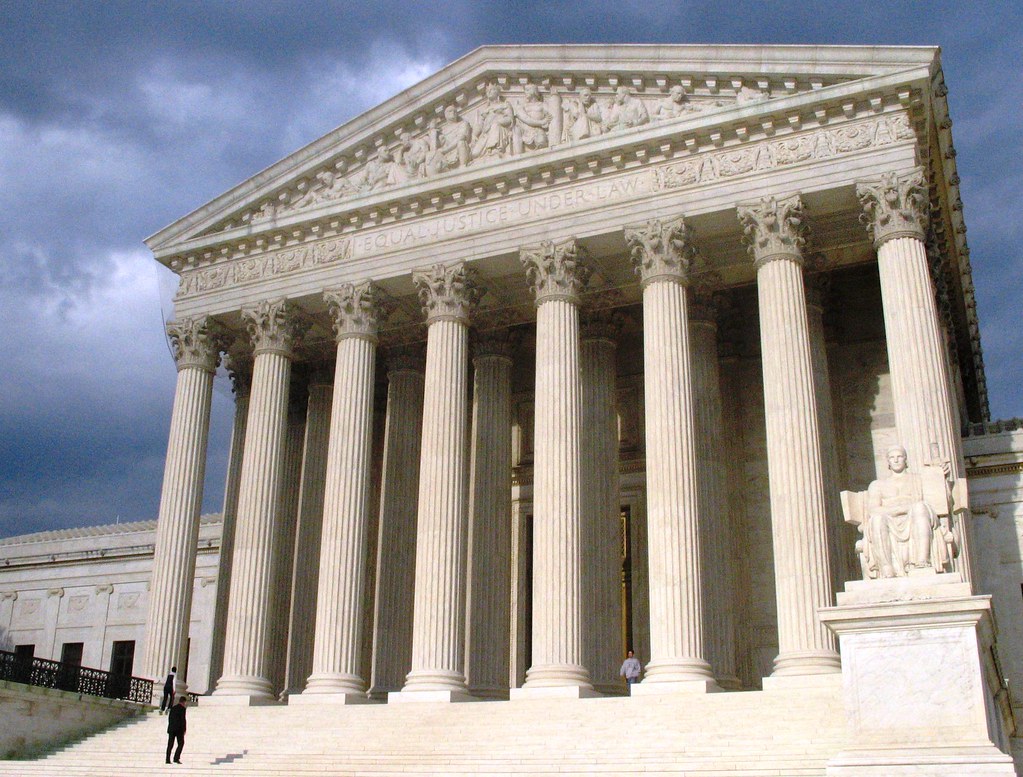
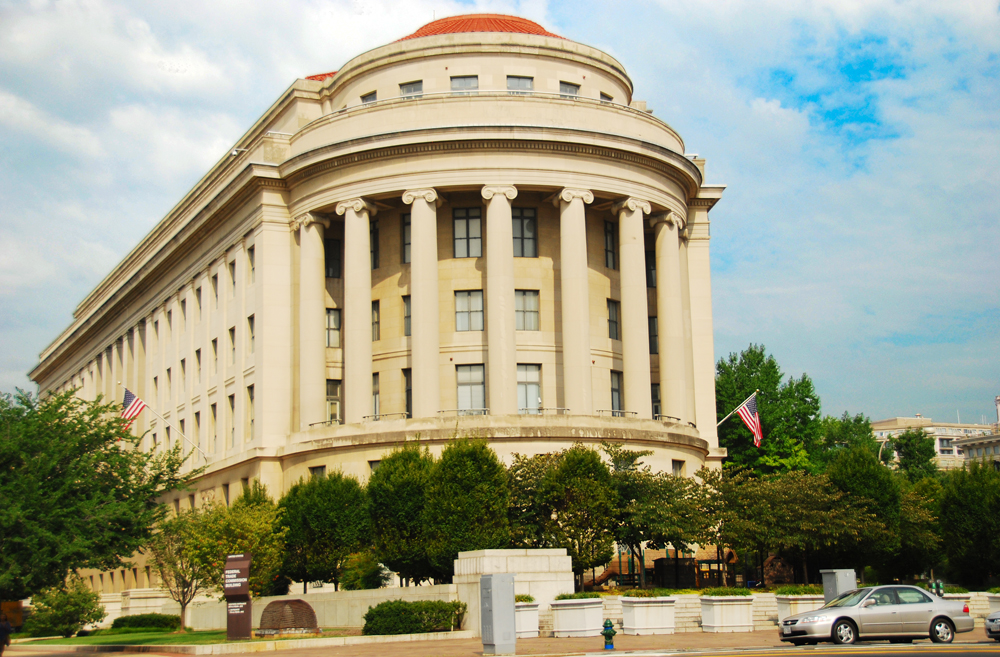
February 09, 2023 | The Sling
In Competition and Consumer Protection, The FTC Needs More Funding To Give Economic Power Back To Americans
Congressional Democrats managed to pass a few crucial measures during December’s lame duck session. One tiny fraction of the omnibus bill to fund the government was the Merger Filing Fee Modernization Act, a measure for which anti-monopoly advocates have long been pushing. And beyond the DOJ Antitrust and FTC’s edict to enforce competition, the FTC has another underfunded but crucial mission: consumer protection.
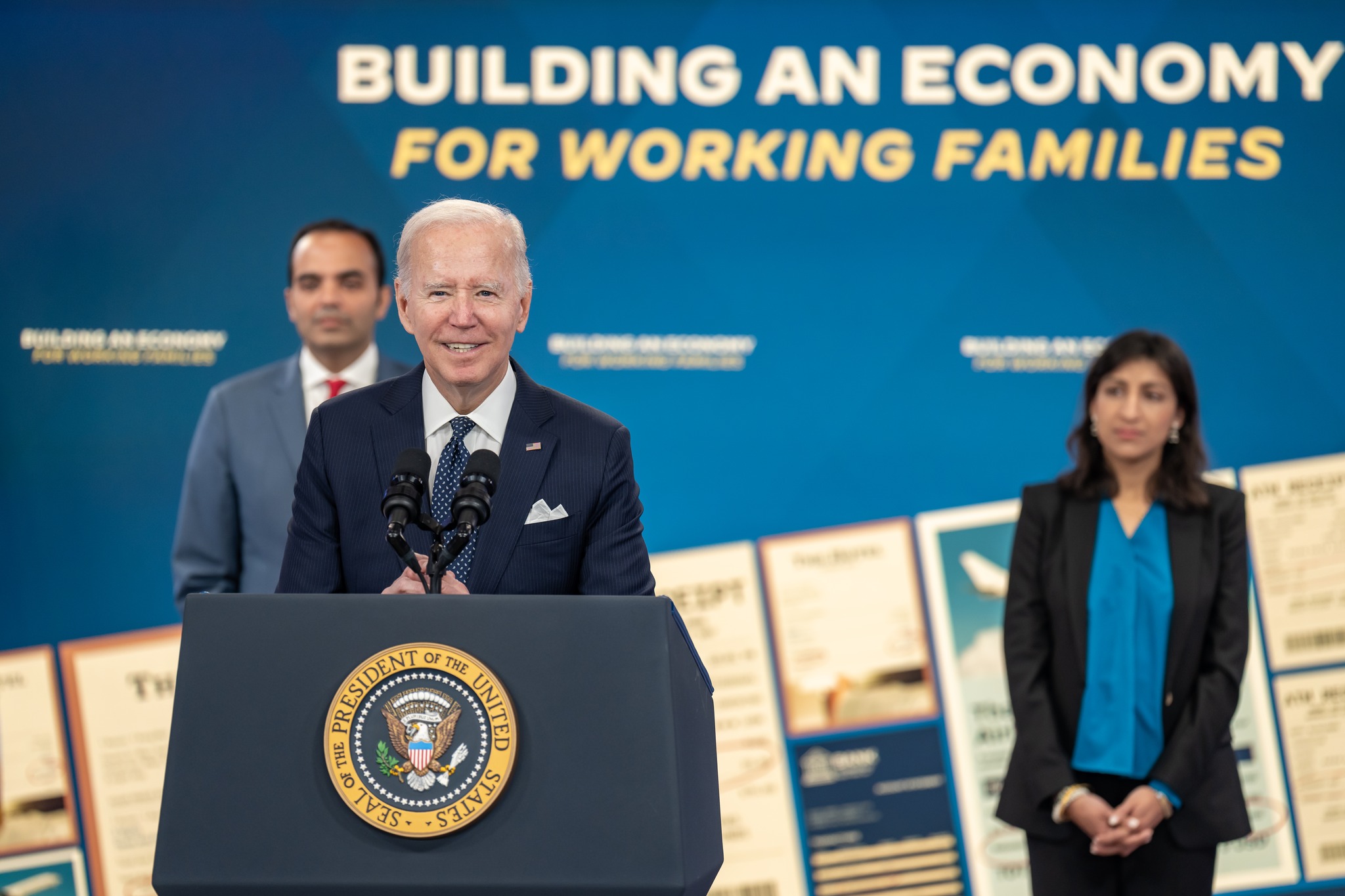
February 08, 2023
Bankers’ Complaints About Junk Fee Crackdown Offer Biden an Opening
The President should remind Wall Street that hard-working Americans hate getting ripped off.
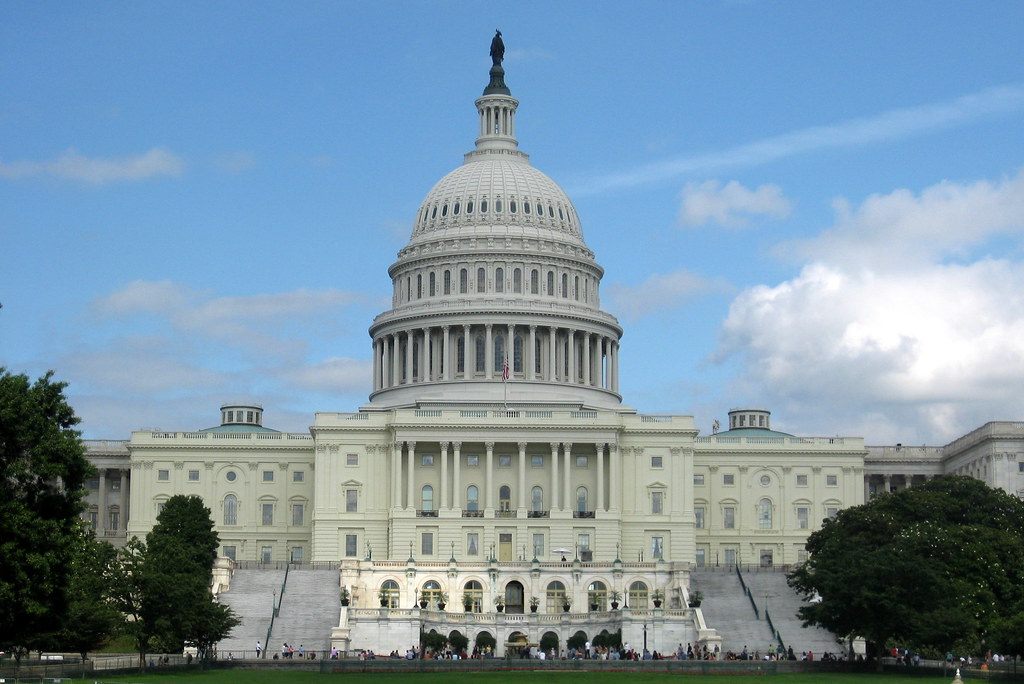
January 23, 2023
Independent Agency Spotlight Update January 2023
It was a slow fall for independent agency nominations as Senators left chambers for their campaigns and the Biden administration stood paralyzed in anticipation of the midterm Red Wave That Wasn’t.

January 18, 2023
Good News, Everyone! Space Force Has An Astronomical Budget
Congress passed a $1.7 trillion omnibus bill, ensuring that our government is funded for Fiscal Year 2023. You probably haven’t seen the amount given to the most stellar agency: Space Force. Thankfully, Congress listened to the space advocates and appropriated the Space Force the money we’ve all been begging for – $26.29 billion. Americans can now sleep soundly knowing the Space Force has an overflowing pocketbook to protect us from aliens and whatnot.
